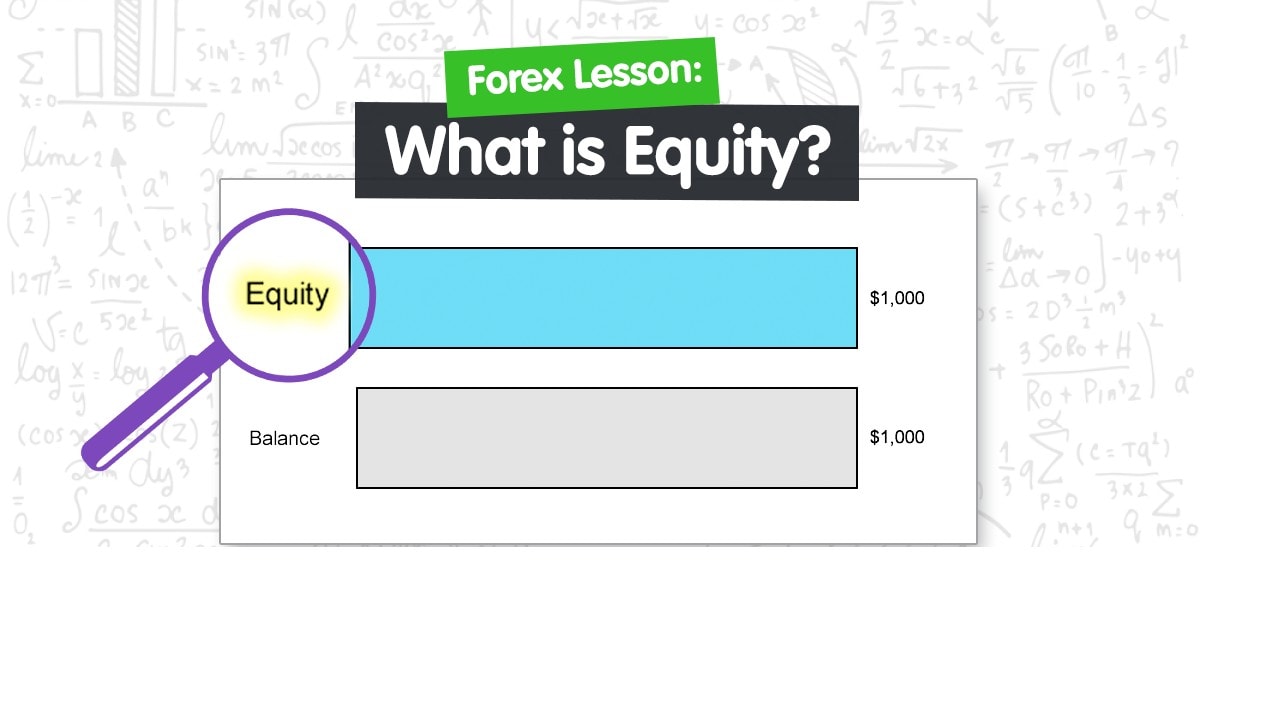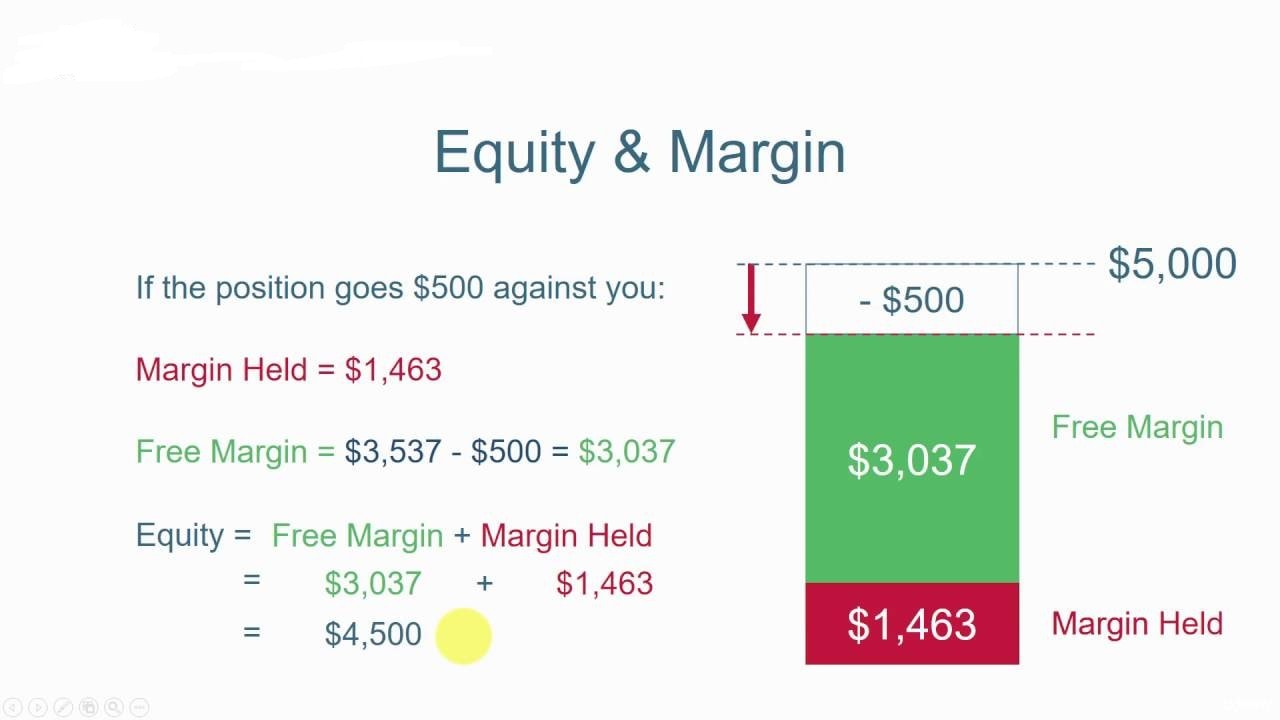Equity is an important concept that you need to understand when trading Forex. At its simplest, equity is the net value of your Forex trading account. In this article, we will learn in more detail what equity is and how to protect equity during Forex trading.
Table of contents
1. What is Equity?

Equity is calculated as the total amount of money you initially invested in your Forex trading account plus actual profit/loss from open trades. In other words, equity is the current balance in your trading account.
For example:
- You deposit 10,000 USD into your Forex trading account.
- Then you open a buy trade of 0.1 lot EUR/USD at 1.2000.
- EUR/USD price increased to 1.2100, profit 100 USD.
- Then, your equity is 10,000 + 100 = 10,100 USD.
Thus, equity accurately reflects the actual value of your trading account at the current time. Equity always changes along with your open trades.
2. Why is Equity important in Forex trading?
Equity is the most important measure of your success in Forex trading. The main goal of Forex trading is to increase equity. If equity decreases, it means you are losing money.
Additionally, many brokers limit your trading volume based on equity. For example, if you have equity of 10,000 USD, the broker may allow you to open up to 1 lot of EUR/USD. If equity drops to 5,000 USD, you are only allowed to open 0.5 lots of EUR/USD.
Therefore, keeping Equity stable and increasing is crucial to maintaining your trading ability and expanding your trading size.
3. How to protect Equity in Forex trading?

Here are some useful tips to protect and increase equity when trading Forex:
3.1. Strict risk management
This is the most important factor. You should clearly define the maximum risk for each trade and for the entire account. Never risk more than 2% equity on a single trade and no more than 5% across all open trades.
Set a tight stop loss, for example within 20 points for major currency pairs. Use risk management tools like margin calls to minimize account risk.
3.2. Do not use too high leverage
The higher the leverage, the greater the profit/risk. For new traders, leverage should not exceed 1:30. As experience increases, you can increase leverage but do not exceed 1:100.
3.3. Not subjective or greedy
Trading is not always profitable. Accept losses calmly and learn from experience. Don’t try to trade too much to “make up” for previous losses. Be patient and wait for good opportunities.
3.4. Split trading orders into smaller parts
Instead of putting the entire amount of money into a single trade, you should split it into several different trades. The benefit is reduced risk and increased trading opportunities.
3.5. Use Stop Loss and Take Profit orders
Stop loss will help cut losses when the price goes against the prediction, protecting equity from large losses. Take profit will close the transaction when the profit target is reached, helping you earn profits safely, avoiding greed.
Thus, protecting and increasing equity requires you to trade with discipline, following capital and risk management principles. Think of equity as the health of your trading account and always keep it healthy. Good luck!
5 frequently asked questions about equity in Forex trading
1. Why is equity different from account balance?
Equity reflects the actual value of the account taking into account the profit/loss of open trades. Meanwhile, the balance is just the initial amount in the account, not taking into account open transactions.
2. Can equity be negative?
Yes, if the accumulated losses exceed the initial amount in the account then the equity will be negative. This happens when you use high leverage and do not cut losses in time.
3. When does equity = account balance?
Only if you have no open trades does equity equal your account balance. Because at that time, the account is not affected by profit/loss from transactions.
4. Why does equity not return to its original value when closing all open trades?
This happens if you close trades with a profit/loss that is not zero. When closing a trade, the profit/loss is actually recorded in the account and the equity changes accordingly.
5. How to restore equity after a big loss?
The best way is to stop trading for a while, learn from experience and rebuild your trading psychology. Then, start again with small capital, low-risk trades and slowly increase the size when there are stable profits.

